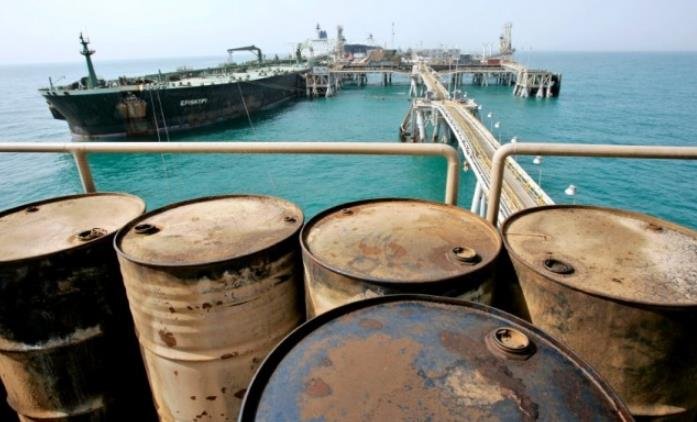Russia, one of the world’s largest exporters of diesel, has announced a temporary ban on fuel exports to curb the rising domestic prices. The move has sent shockwaves across the tanker market, as owners and charterers scramble to assess the impact on demand and rates.
According to Poten & Partners, a leading shipbroker and energy consultant, the Russian fuel export ban has left the tanker market in limbo, as it is unclear how long the ban will last and how much volume will be affected.
Diesel exports account for a significant share of Russian seaborne trade
Russia exported about 1.4 million barrels per day (bpd) of diesel in 2022, of which about 1.1 million bpd was shipped by sea, mainly from the Baltic and Black Sea ports. Diesel exports accounted for about 18% of Russia’s total seaborne oil product exports and about 7% of the global seaborne diesel trade.

The main destinations for Russian diesel exports were Europe, Asia and Africa. Europe received about 60% of the seaborne diesel exports from Russia, followed by Asia with 25% and Africa with 15%. The main buyers of Russian diesel in Europe were Germany, France, the Netherlands and the UK.
Tanker market faces lower demand and rates in the short term
The Russian fuel export ban is expected to have a negative impact on the tanker market in the short term, as it will reduce the demand for product tankers and lower the freight rates. Poten & Partners estimates that the ban could reduce the seaborne diesel exports from Russia by about 300,000 bpd, or 27%, in October.
This would translate into a loss of about 40 cargoes of 37,000 tonnes each, or about 10% of the total MR tanker demand in Europe. The Baltic and Black Sea markets, where most of the Russian diesel exports originate from, would be hit hardest by the ban.
The freight rates for MR tankers in these markets have already dropped by about 20% since the announcement of the ban, according to Poten & Partners. The average rate for a Baltic-UK Continent voyage fell from $11,500 per day on September 21 to $9,200 per day on September 24. The average rate for a Black Sea-Mediterranean voyage dropped from $12,500 per day to $10,000 per day over the same period.
Tanker market could see some recovery in the medium term
The Russian fuel export ban is not expected to last indefinitely, as it could hurt the country’s economy and its relations with its trading partners. Poten & Partners expects that the ban will be lifted or eased by November or December, as the domestic price situation stabilizes and the winter demand season kicks in.
The tanker market could see some recovery in demand and rates in the medium term, as the Russian diesel exports resume and some of the deferred cargoes are cleared. The market could also benefit from some arbitrage opportunities, as the regional price differentials widen due to the supply disruption.
However, Poten & Partners cautions that the tanker market recovery could be limited by other factors, such as the ongoing Covid-19 pandemic, the environmental regulations and the geopolitical tensions. The market could also face some uncertainty over the future policy actions of Russia regarding its fuel exports.
